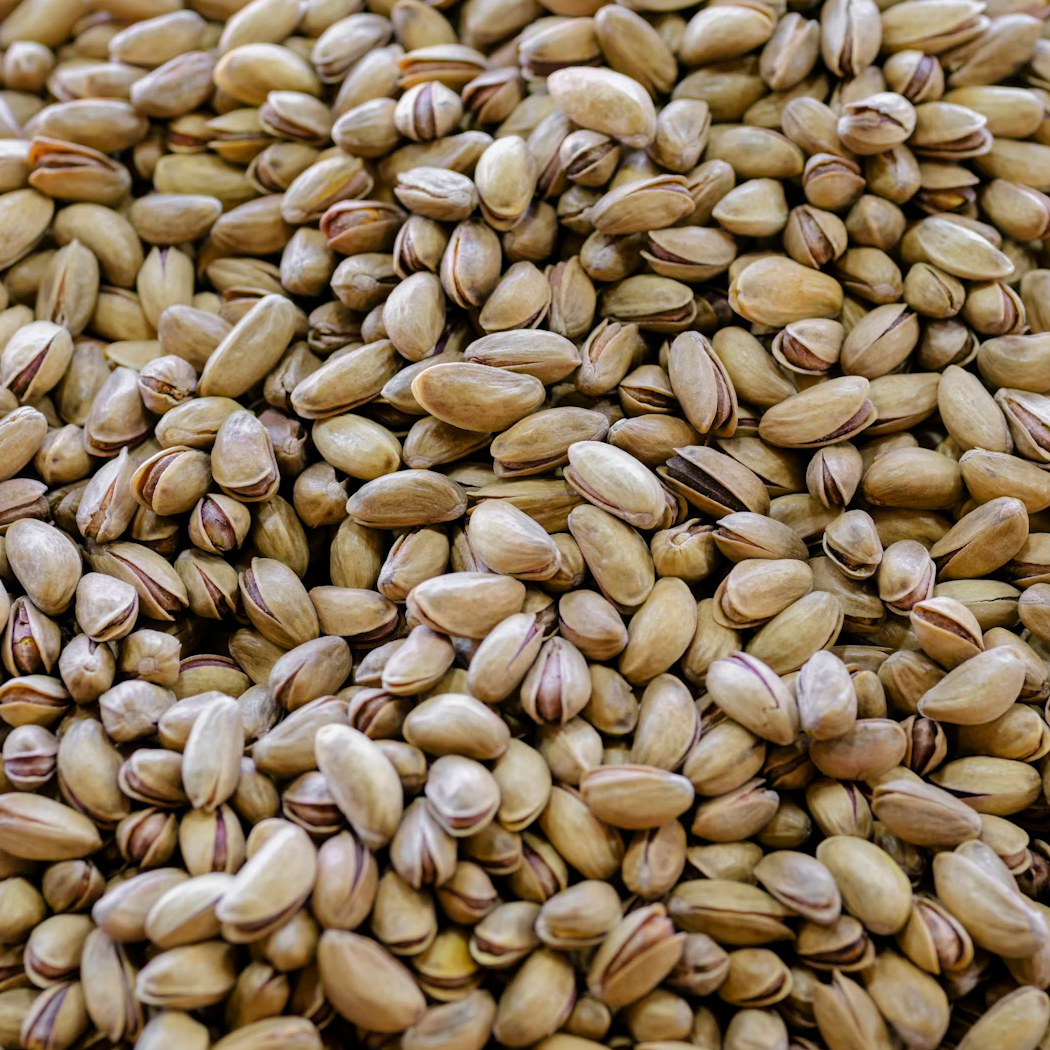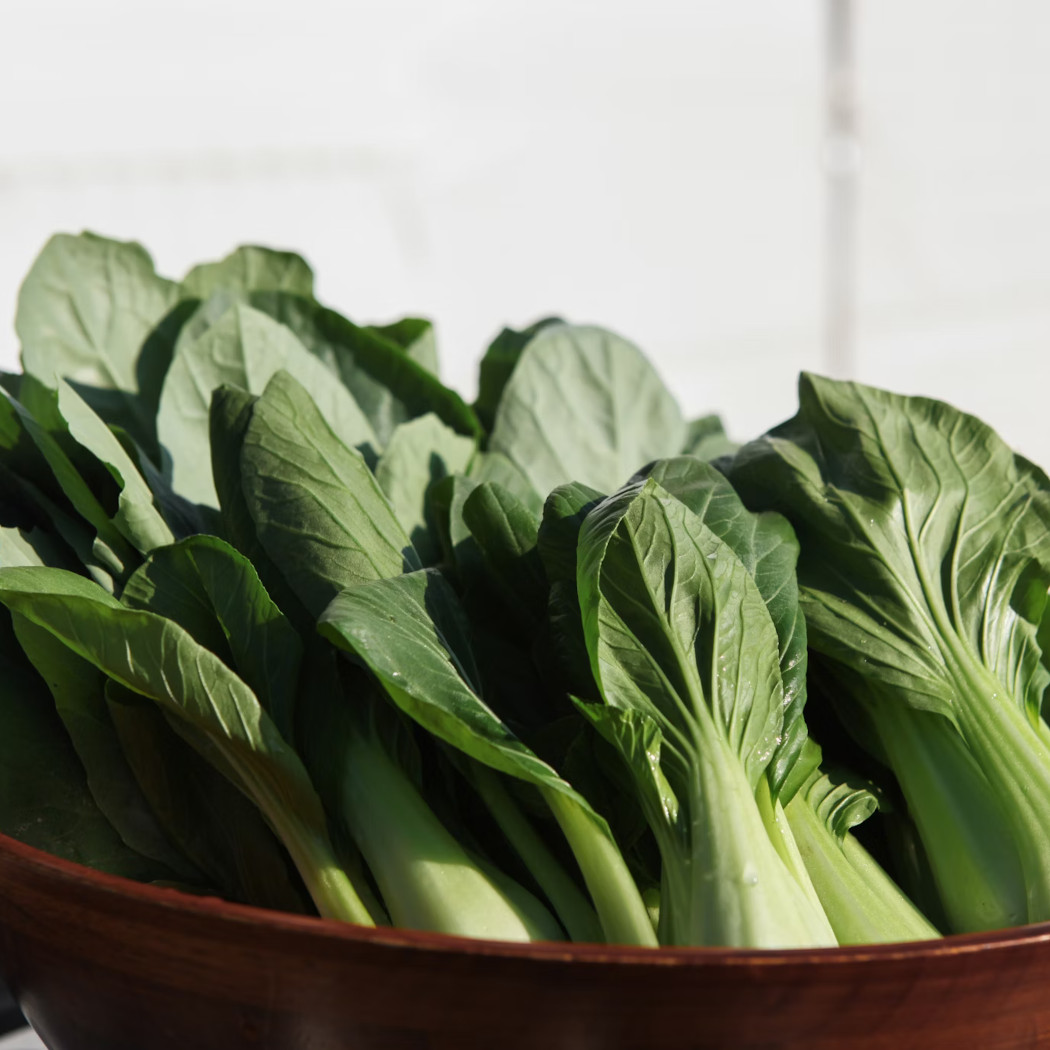
Which is More Nutritious? Tofu Vs. Tempeh
Both are nutritious. But is one more nutritious? We'll find out here!
First, a background: tofu is made from soy milk, and tempeh is made from whole soybeans through a fermentation process. Both tofu and tempeh have been used for centuries in many countries, and due to their versatility, both have often been seen as mock meat or meat substitutes.
So, although they are both made from soybeans, are there differences? And are their nutrition values different?
Let's first break down the benefits of each:
Tofu
Nutrition
- High in Protein: Tofu is a complete protein, containing all nine essential amino acids your body needs.
- Rich in Nutrients: It provides a good amount of calcium, iron, magnesium, and vitamin B1.
- Low in Calories: Tofu is relatively low in calories, making it a great option for those looking to maintain or lose weight.
Health Benefits
- Heart Health: Tofu can help lower LDL (bad) cholesterol levels, reducing the risk of heart disease. The isoflavones in tofu have been shown to improve blood vessel function and reduce inflammation.
- Bone Health: The calcium and magnesium in tofu support bone health, which is particularly beneficial for postmenopausal women.
- Cancer Prevention: Some studies suggest that the isoflavones in tofu may help reduce the risk of certain cancers, such as breast and prostate cancer.
- Weight Management: Tofu's high protein content can help you feel full longer, aiding in weight management.
- Digestive Health: The fiber in tofu supports a healthy digestive system.
Additional Benefits
- Versatility: Tofu can be used in a wide range of dishes, from savory stir-fries to sweet desserts. Its mild flavor allows it to absorb the flavors of the ingredients it's cooked with.
- Sustainability: Tofu production has a lower environmental impact compared to animal-based protein sources.
Tempeh
Nutrition
- High in Protein: Tempeh is an excellent source of plant-based protein, providing about 15-20 grams per 100 grams.
- Rich in Nutrients: It contains essential vitamins and minerals such as iron, calcium, magnesium, and manganese. These nutrients are crucial for various bodily functions, including bone health and energy production.
Health Benefits
- Probiotics and Gut Health: As a fermented food, tempeh contains probiotics, which are beneficial bacteria that support gut health. These probiotics can improve digestion and enhance the absorption of nutrients.
- Antioxidant Properties: Tempeh is rich in antioxidants, which help combat oxidative stress and reduce inflammation in the body.
- Supports Bone Health: The calcium and magnesium in tempeh contribute to maintaining strong and healthy bones.
- Cardiovascular Health: Tempeh may help lower cholesterol levels and improve heart health due to its isoflavones and fiber content.
- Weight Management: Being high in protein and low in carbs, tempeh can help you feel full longer, which may aid in weight management.
Additional Benefits
- Versatility: Tempeh is not only nutritious but also versatile in cooking. You can steam, sauté, bake, or marinate it to add a variety of flavors to your meals.
- Sustainability: Tempeh has a lower environmental impact compared to animal-based protein sources.
Both have amazing benefits. So, now let's do an actual nutrition face-off. Here we'll compare the nutritional content of tofu and tempeh per one ounce and here are the differences:
Tofu (per ounce)
- Calories: 20-25
- Protein: 2-3 grams
- Fat: 1.5-2 grams
- Carbohydrates: 0.5-1 gram
- Fiber: 0.2-0.3 grams
- Calcium: 5-7% of the Daily Value (DV)
- Iron: 1-2% of the DV
Tempeh (per ounce)
- Calories: 50-55
- Protein: 5-6 grams
- Fat: 2.5-3 grams
- Carbohydrates: 3-4 grams
- Fiber: 2-2.5 grams
- Calcium: 1-2% of the DV
- Iron: 2-3% of the DV
Key Differences
- Protein: Tempeh has more protein, making it a better option if you're looking to increase your protein intake
- Calories: Tempeh is higher in calories, which can be beneficial for those needing more energy
- Fiber: Tempeh contains significantly more fiber, which is great for digestive health
- Calcium: Tofu is richer in calcium, which is important for bone health
Wow! It's a close call. It all depends on what nutrients you need and how you like it in your food! One thing we can say though is that foods high in protein and fiber can help you manage your weight better than those foods that have less protein and fiber. So, one might be leaning to tempeh being better for the body. You decide!
What else should we know about tofu or tempeh?
Garden of Vegan only uses organic tofu and organic tempeh in our meals, snacks, and sides. So you know these are good for the environment and your health!. Eat healthily with the help of our meals, snacks, pantry items, and more.
Garden of Vegan wants you to know:
- We deliver fresh food!
We pride ourselves on delivering you the freshest and healthiest plant-based meals in Australia. So, there is no need for additives, preservatives, or anything synthetic!
- We believe in great-tasting natural foods using 100% plant-based seasonings and sauces.
There is no need to add anything unnatural to change the taste, color, or texture, as our food is as nature intended!
- We know exactly is in our food and want you to know as well.
We believe in transparency. We list all of our food ingredients, calories, fats, and more. In addition, we clearly list any potential ingredients which could be considered as allergens. We want you to make great choices in what you put in your body and to always enjoy fresh and great-tasting plant-based food.
At Garden of Vegan, our mission is clear: to promote human and planetary health through delicious, organic plant-based meals. Every ingredient we use is certified organic, meaning it meets rigorous standards set by Australian Certified Organic (ACO). Our choice to go organic stems from our commitment to quality, sustainability, and health.
Ready to experience the super-nutritious foods for yourself?
Explore our menu today and discover the delicious, nourishing meals we've created just for you. In addition to full organic meals, we offer 100% organic sides, pantry items, desserts, soups, and much more. Let's work together to make a positive impact, one organic bite at a time!
Let's all stay healthy and inspired.
#plantbased #GardenofVegan #EatOrganic #vegan
References:
1. Tempeh vs. Tofu — In-Depth Nutrition Comparison - Food Struct
2. What’s the Difference Between Tempeh and Tofu? - Healthline
SHARE VIA
Related Articles
 Nutrition
Nutrition
Pistachios and Eye Health - A New Study
November 14, 2024 Nutrition
Nutrition
Heart-Healthy Fiber - Beta-Glucan
November 04, 2024 Nutrition
Nutrition
Garden of Vegan knows all about Powerhouse Fruits and Vegetables
October 08, 2024 Nutrition
Nutrition
